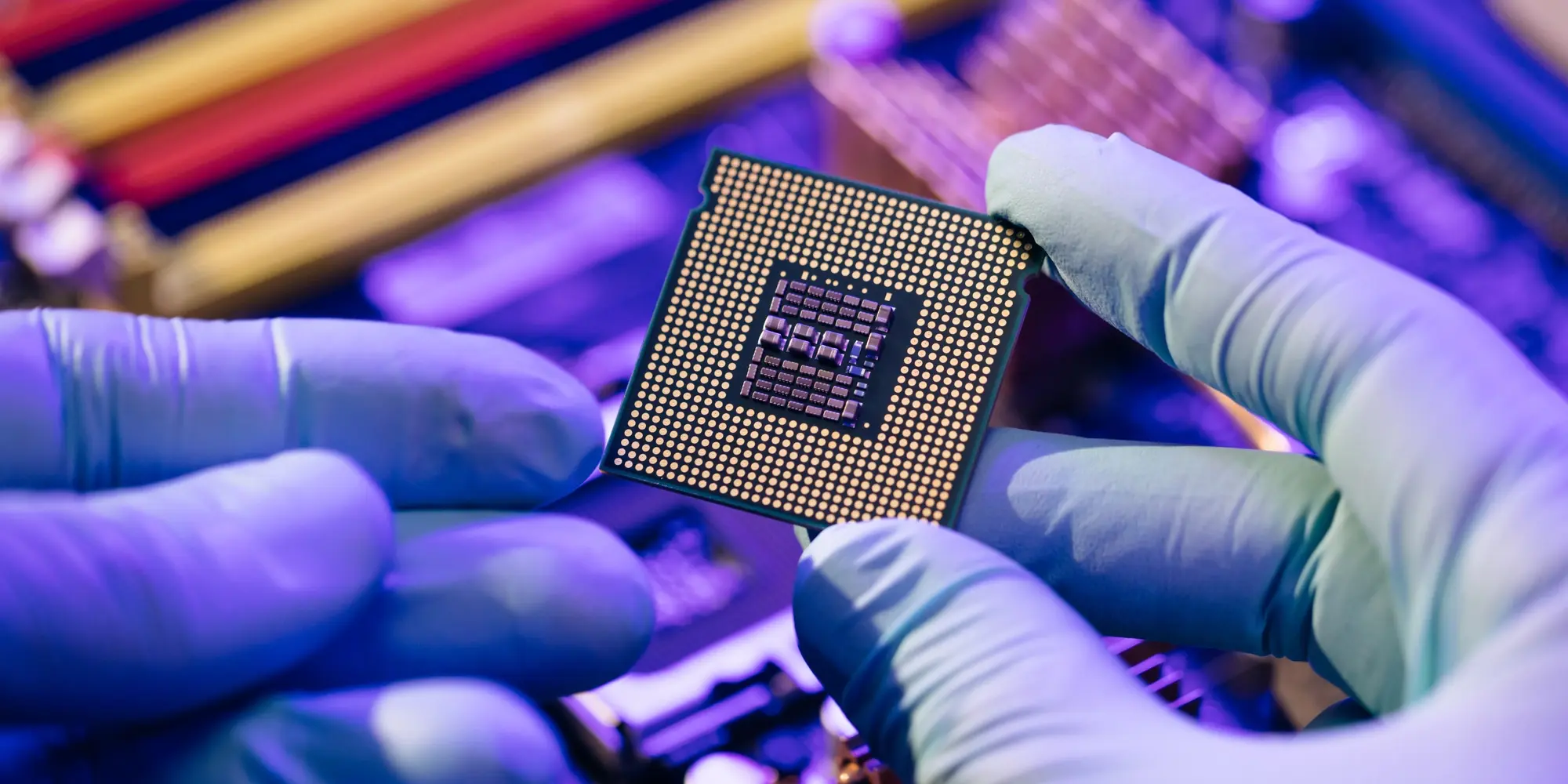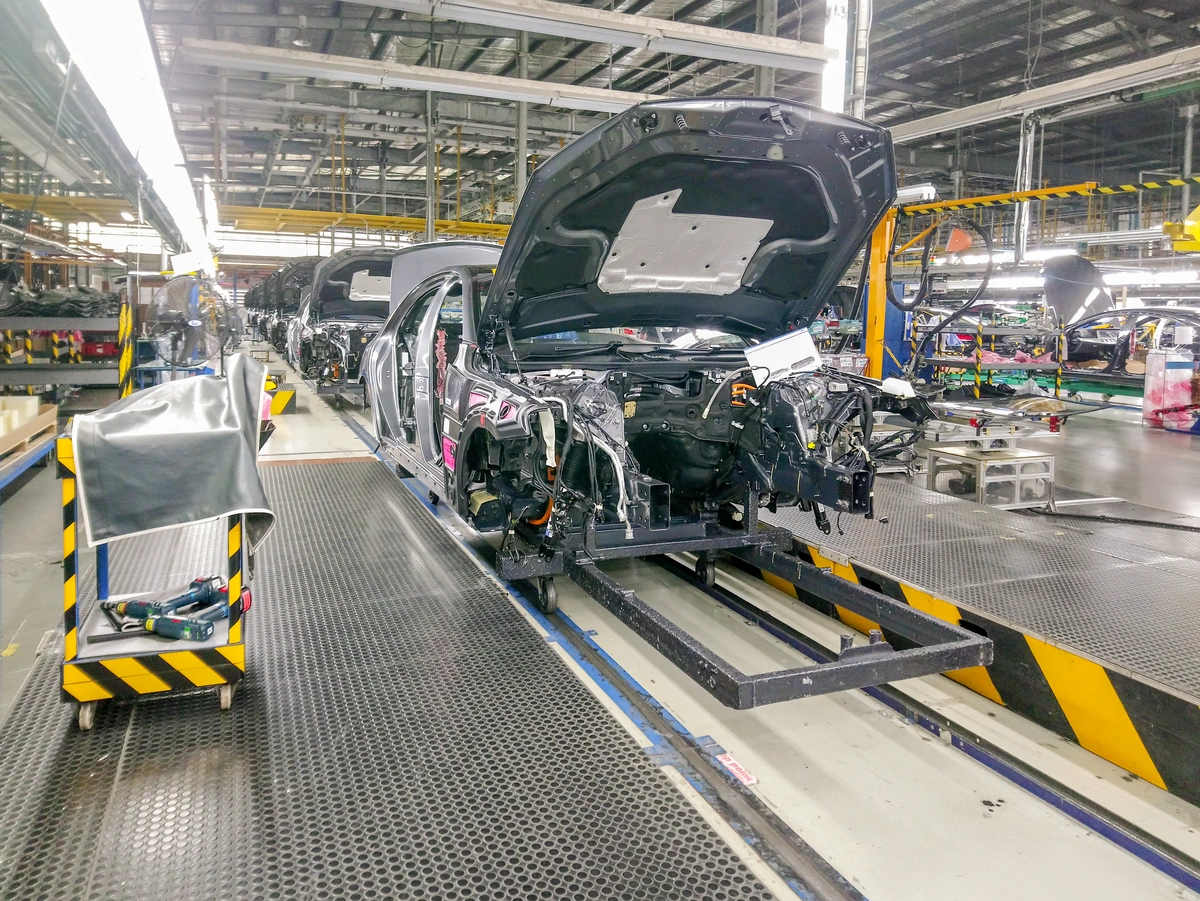This article was originally posted on www.nydailynews.com
The new CHIPS and Science Act is not just a rare opportunity; it is a once-in-a-lifetime chance to uplift people traditionally left behind while also ensuring the U.S. remains secure and competitive, allowing us to resume our role as the global leader in innovation and advanced manufacturing.
It was six decades ago that President John F. Kennedy ignited the dreams of millions by setting the goal of landing American astronauts on the moon by the end of the 1960s. The recent bipartisan adoption of the Creating Helpful Incentives to Produce Semiconductors (CHIPS) and Science Act of 2022 — the largest publicly funded five-year R&D investment in our nation’s history —holds an even greater life-changing promise, one that is more inclusive of historically underserved communities.
Done right, it can have immense impact by not only creating well-paying jobs in oft-neglected communities of color, low-income neighborhoods and rural areas, but also providing crucial education and training for children who, for too long, have been stuck in poverty with little opportunity or hope as they’ve watched traditional manufacturing jobs disappear with no alternatives in their place.
The importance of semiconductors to our economic future cannot be overstated. Microchips are used in everything from cell phones, computers, TVs and consumer electronics to automobiles, industrial machinery, medical equipment and defense weapon systems. Yet there has been a steady and steep decline in chip fabrication in our country, from nearly 40% in the 1990s to only 12% in 2020. In stark contrast, China years ago began making unprecedented investments in chip fabrication, with the goal of being a global leader in the semiconductor supply chain by 2030.
President Biden is right that the CHIPS and Science Act will help create good jobs in the U.S. while addressing semiconductor shortages, lowering the cost of goods, and boosting economic and national security by making the U.S. less reliant on foreign production of crucial microelectronics.
But it is the long-term generational impacts that hold the greatest potential, provided the equity promises are fulfilled. Many Republican governors and other GOP elected officials have railed against the Biden administration’s prioritization of equity in the $3 trillion infrastructure package and the recent Inflation Reduction Act, calling it social engineering. In addition, a number of congressional Republicans have branded equity initiatives as part of an “anti-woke” agenda. And 19 Republican state attorneys general have come out against using environmental, social and corporate governance when it comes to public pension investments.
The $280 billion CHIPS package includes more than $50 billion in subsidies and tax credits for companies that build, expand or modernize semiconductor plants in the U.S., $200 billion for R&D, $10 billion through the Department of Commerce to create 20 regional technology hubs across the country, and another $4 billion for distressed communities.
With equity a top priority of all its major initiatives, the White House notes, “the CHIPS program will encourage linkages to underserved regions and populations to draw in new participants to the semiconductor ecosystem.”
There is no better or more important time. Pew Research Center in 2021 reported that Black Americans make up just 9% of all STEM jobs, while Hispanics make up just 8%.
The White House boasts that the package includes a host of provisions that will better invest in minority-serving universities and colleges, “increase the size, diversity, capability and flexibility of the STEM workforce,” and target socially and economically disadvantaged businesses, including minority and women-owned as well those in rural areas.
In a direct link to Kennedy’s bold space travel commitment, the CHIPS and Science Act includes an expanded goal for NASA to not only revisit the moon, but also specifically put the first person of color and the first woman on the moon.
But for the Biden administration’s CHIPS plan to work, a true, collaborative commitment by both government and the private sector is needed to ensure underserved communities are not left behind. It has been a massive societal failure that urban and rural schools, for instance, have long suffered from a lack of funding that has kept them from offering science labs and other critical programs that would help lift up and prepare students for a 21st-century tech-driven economy.
Equity is not a philanthropic exercise. It is a business imperative — not just for companies, but for the U.S. to keep our competitive edge in the global industry and technology race.
Eve and Lovett are partners at Ichor Strategies. Eve is a former deputy secretary for economic development to the New York State governor and a former general counsel at state Empire State Development Corp. Lovett was a reporter at the New York State Capitol for 25 years, including 11 as the Daily News Albany Bureau Chief.










